See Part 1 of this article: Taming and Training Canaries and Other Finches, Part I
Last time we discussed some finch training basics…getting your pet to calm down when near people and out of its cage. Please see Part I of this article for further details.
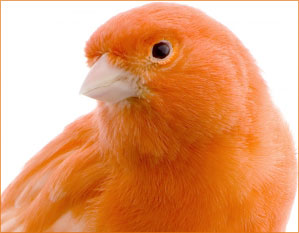 Returning to the Cage
Returning to the Cage
As mentioned in Part I of this article, canaries and other finches are much easier to train when outside their cages. If your bird is to become truly tame, it is essential that it return to the cage on its own, and not be chased there. This may take a great deal of time, and will require you to be very patient.
Use treats to lure the bird inside. Canaries and finches often relish egg food, and may respond quickly when it is offered. Many finches cannot resist small insects. A convenient way to keep these handy is to utilize canned insects most silkworms are nearly always a big hit.
Your pet may also respond to fruit treats – freeze dried mango, coconut, papaya, blueberries and others work well for many species.
If you must net the bird, darken the room and try to be as quick and careful as possible.
Calling your Bird to Hand
The treats mentioned above may also be used to induce your pet to fly to your hand. If you call the bird each time food is presented, it may eventually fly to you when called, even if it does not see food in your hand. Continue to provide a treat each time it responds, but, as time goes on, hide the treat until your pet actually alights upon your hand (or head, as the case may be!).
Again, canaries are most apt to respond to this type of training, but I have also run across surprisingly responsive spice finches, Java rice birds, zebra finches, fire finches and others.
Further Reading
Although canaries are perceived to be natural songsters, a good deal of learning is involved…and you can help (no, you needn’t be a good whistler!). Learn more about improving your canary’s singing abilities in my article Teaching Your Canary to Sing.
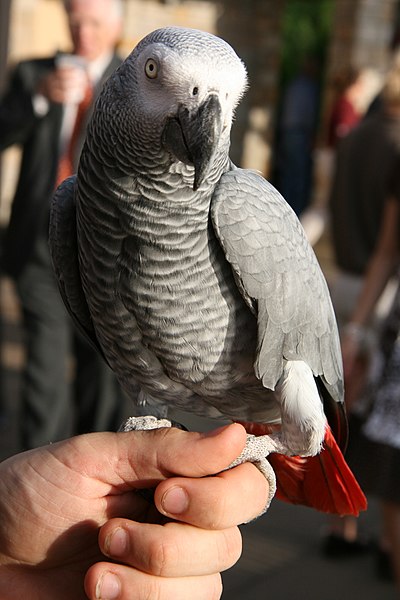 Contests in which parrots and other birds are judged based on their appearances are a long tradition…but what about their other qualities? Participants in human beauty pageants are judged on both appearance and talent…and now, it seems, that parrots are as well in some contests. Recently, an African Grey Parrot named Mishka won the World Wide Parrot Talking Competition – without having to reveal any “skin”!
Contests in which parrots and other birds are judged based on their appearances are a long tradition…but what about their other qualities? Participants in human beauty pageants are judged on both appearance and talent…and now, it seems, that parrots are as well in some contests. Recently, an African Grey Parrot named Mishka won the World Wide Parrot Talking Competition – without having to reveal any “skin”! That Bird Blog – Bird Care and History for Pet Birds
That Bird Blog – Bird Care and History for Pet Birds

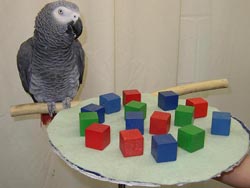
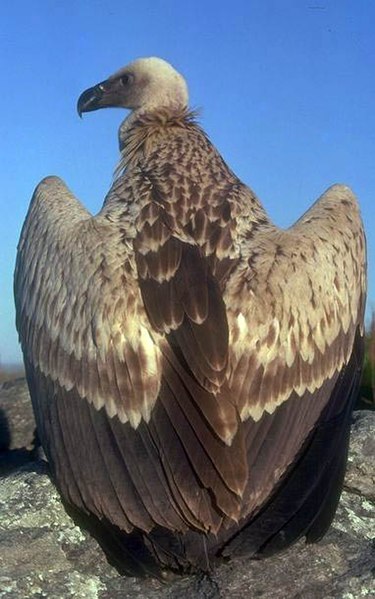
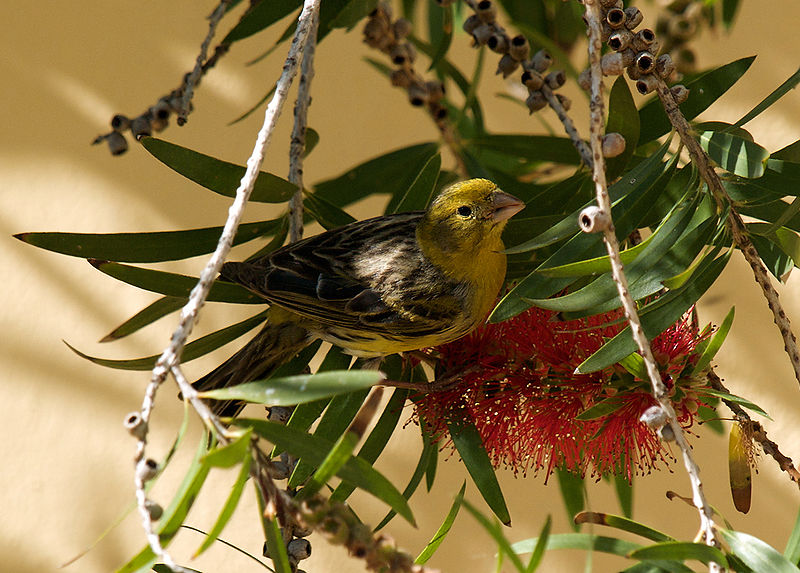 Researchers at the Max Planck Institute of Ornithology exposed young male canaries to adult males that sang imperfect songs. The young males mimicked these songs to some extent, but by adulthood were singing near-perfect songs. This indicates that canaries likely have an internal “song template” that helps to correct deviations in the songs of their role models. The template seems to be activated when the youngsters hear an adult song, even if that song is imperfect.
Researchers at the Max Planck Institute of Ornithology exposed young male canaries to adult males that sang imperfect songs. The young males mimicked these songs to some extent, but by adulthood were singing near-perfect songs. This indicates that canaries likely have an internal “song template” that helps to correct deviations in the songs of their role models. The template seems to be activated when the youngsters hear an adult song, even if that song is imperfect. Returning to the Cage
Returning to the Cage